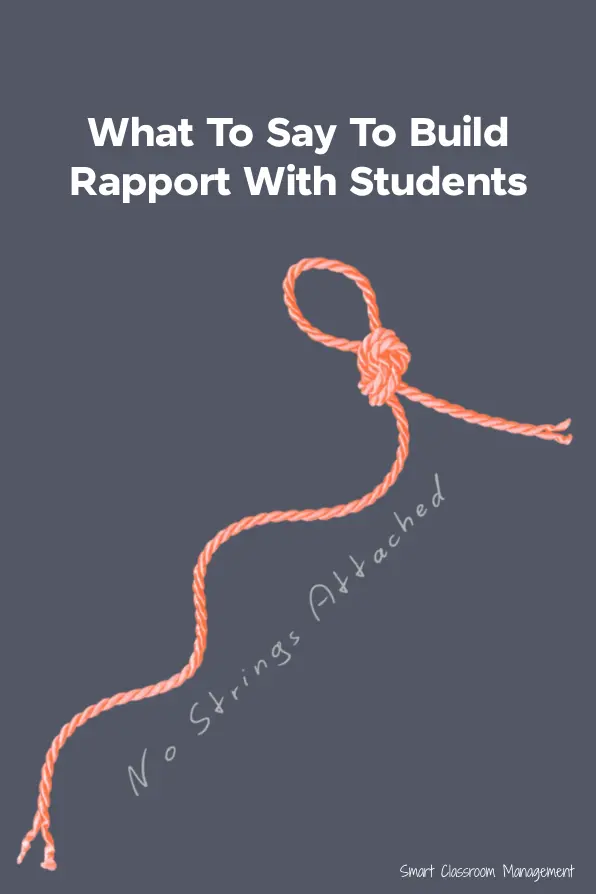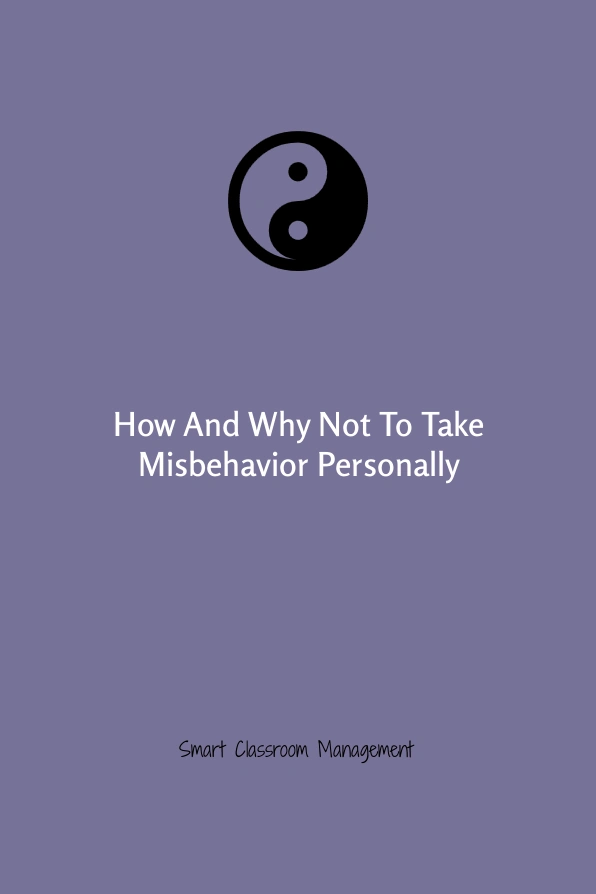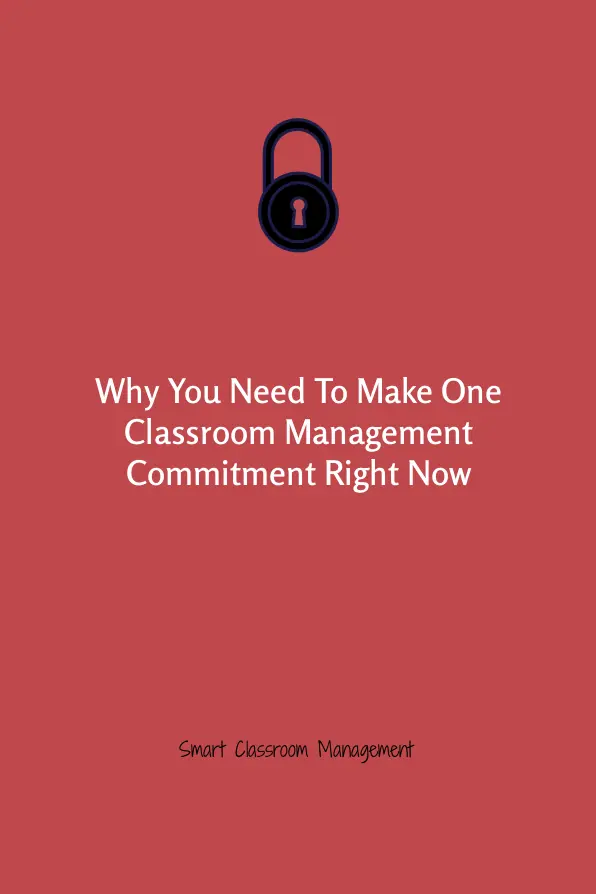The SCM principle of being consistently pleasant has many and tremendous benefits. Chief among them is that it builds effortless rapport.
By taking on an easygoing, good-humored disposition, your students will come to you and want to get to know you better. This in turn makes the relationship easy, organic, and powerfully influential.
But you can still mess it up.
You can still say the wrong thing. You can still make students feel awkward and disappointed and thus weaken your influence. So what follows are three guidelines to ensure that when your students do approach you, your rapport only gets stronger.
1. Listen
Always let the student guide the conversation. Be a backboard and respond to them by asking light questions. Be curious and open and they will talk and talk.
Never under any circumstance use your conversation as an opportunity to talk to them about their behavior or academics or anything related to how they’re doing in your class.
The most important key to remember is to have zero ulterior motives or strings attached. Few adults actually listen to kids. So when you do, your likability and sway will soar.
2. Be Real
Too many teachers overact when trying to build rapport with students. They exaggerate their smiles, facial expressions, and body language.
They crank up their enthusiasm, talk too much and too loud, and work way too hard. It’s unnatural and a definite turn off to students, even of primary age.
Stop trying to please or sell your students on anything. Instead, relax. Be matter-of-fact. You can even be kindly gruff. Respond casually and authentically and let the conversation breathe.
3. Be Honest
Of course there are things you won’t reveal about yourself and your life—and should not. Always maintain a professional distance. Otherwise, however, it’s best to play it straight. If you don’t like video games or soccer, then say so.
If they ask if you something personal, then say it’s none of their business.
Inauthenticity causes distrust. This is especially so with challenging students who’ve been subject to near-constant manipulation, false praise, and flattery. Eye contact and the truth works wonders.
No Hiding
Another benefit to staying within the parameters above is that when you learn more about your students you like them more as people.
Choosing to like and see the best in them changes at the subconscious root how you behave around them. Your students will always know whether you like them or not. It’s something you can’t hide.
If they believe (or know) you don’t like them, then you’ll never have mutual trust and rapport or personal influence over their motivation, behavior, and work habits.
Again, the secret to building rapport is easy. Just be pleasant and let your students come to you. Once they approach, just listen. Be yourself. Tell the truth. If you don’t have time to talk, say so. If you run out of time, say so.
There is a lot to this topic, as well as the topic of choosing to like your students. For more on both, check out the search bar at the top of the page or the archive at right.
The book Dream Class also covers each topic thoroughly.
Finally, if you haven’t done so already, please join us. It’s free! Click here and begin receiving classroom management articles like this one in your email box every week.
















+ There are no comments
Add yours